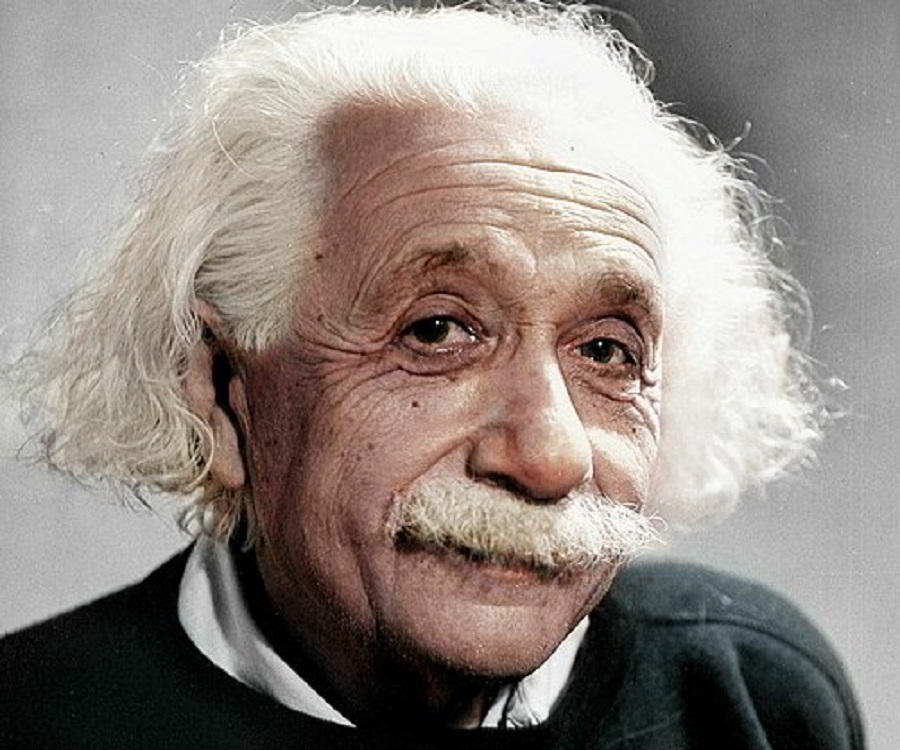The Sixth Day of Classic Comics Christmas 2020
Dec 30, 2020 10:54:29 GMT -5
Calamas, Confessor, and 4 more like this
Post by Prince Hal on Dec 30, 2020 10:54:29 GMT -5
7. Jim Shooter
Adventure 346-349; 352-355; 357-380
I don’t think it really registered with me when I was reading Jim Shooter’s Legion stories that he was just a kid three years older than I was when he started writing for DC Comics. If I did think about it, I realized, as all kids do, that a kid three years older than you when you’re 12 or 13 is essentially a grown-up. Three years make a huge difference when you’re in those pre-teen years.
All I knew was that the Legion stories were getting better and better as I was in eighth and ninth grade and it was clear that I had this new Legion writer to thank for it. It wasn’t that the Legion stories had been bad before he arrives (as you’ll see in a future post), just that they were going to another level.
If I’d given it much thought, I’d have realized that they were taking the best of Marvel’s emphasis on the relationships and conflicts between the characters and grafting it onto the complex 30th century universe of the Legion.
Shooter brought a faster pace to Legion stories, and a more teenaged perspective to the friendships and love affairs. The Legion had always been an outlier at DC with its use of continued stories and “casts of thousands” space stories, but Shooter’s mix of the emotional and the epic lifted them to the level of the cosmic sagas that we were reading in Thor and Fantastic Four. It didn’t hurt that DC’s version of the cosmos was more naïve and less sophisticated than Marvel’s. Shooter was just a kid, after all.

Shooter brought a raft of great characters into the Legion: Ferro Lad; Shadow lass; Karate Kid; Princess Projectra; the Fatal Five; the Khunds; Universo and his son Rond Vidar; Dr. Regulus; and of course, Mordru.

He involved the heretofore absent parents and family of several Legionnaires; turned the spotlight on various “second-tier” legionnaires like Colossal Boy, Shrinking Violet, Bouncing Boy, and Duo Damsel; and brought death to Ferro Lad, an astonishing moment in those days.
The standout stories for me: the two battles against the Fatal Five and the superb two-parter in which Mordru attacks Smallville.
Never followed Shooter much at Marvel, and I know he gets a lot of love for his Avengers work, but that never worked for me nor rang as true as his 30 or so issues of Adventure.
Adventure 346-349; 352-355; 357-380
I don’t think it really registered with me when I was reading Jim Shooter’s Legion stories that he was just a kid three years older than I was when he started writing for DC Comics. If I did think about it, I realized, as all kids do, that a kid three years older than you when you’re 12 or 13 is essentially a grown-up. Three years make a huge difference when you’re in those pre-teen years.
All I knew was that the Legion stories were getting better and better as I was in eighth and ninth grade and it was clear that I had this new Legion writer to thank for it. It wasn’t that the Legion stories had been bad before he arrives (as you’ll see in a future post), just that they were going to another level.
If I’d given it much thought, I’d have realized that they were taking the best of Marvel’s emphasis on the relationships and conflicts between the characters and grafting it onto the complex 30th century universe of the Legion.
Shooter brought a faster pace to Legion stories, and a more teenaged perspective to the friendships and love affairs. The Legion had always been an outlier at DC with its use of continued stories and “casts of thousands” space stories, but Shooter’s mix of the emotional and the epic lifted them to the level of the cosmic sagas that we were reading in Thor and Fantastic Four. It didn’t hurt that DC’s version of the cosmos was more naïve and less sophisticated than Marvel’s. Shooter was just a kid, after all.

Shooter brought a raft of great characters into the Legion: Ferro Lad; Shadow lass; Karate Kid; Princess Projectra; the Fatal Five; the Khunds; Universo and his son Rond Vidar; Dr. Regulus; and of course, Mordru.

He involved the heretofore absent parents and family of several Legionnaires; turned the spotlight on various “second-tier” legionnaires like Colossal Boy, Shrinking Violet, Bouncing Boy, and Duo Damsel; and brought death to Ferro Lad, an astonishing moment in those days.
The standout stories for me: the two battles against the Fatal Five and the superb two-parter in which Mordru attacks Smallville.
Never followed Shooter much at Marvel, and I know he gets a lot of love for his Avengers work, but that never worked for me nor rang as true as his 30 or so issues of Adventure.


